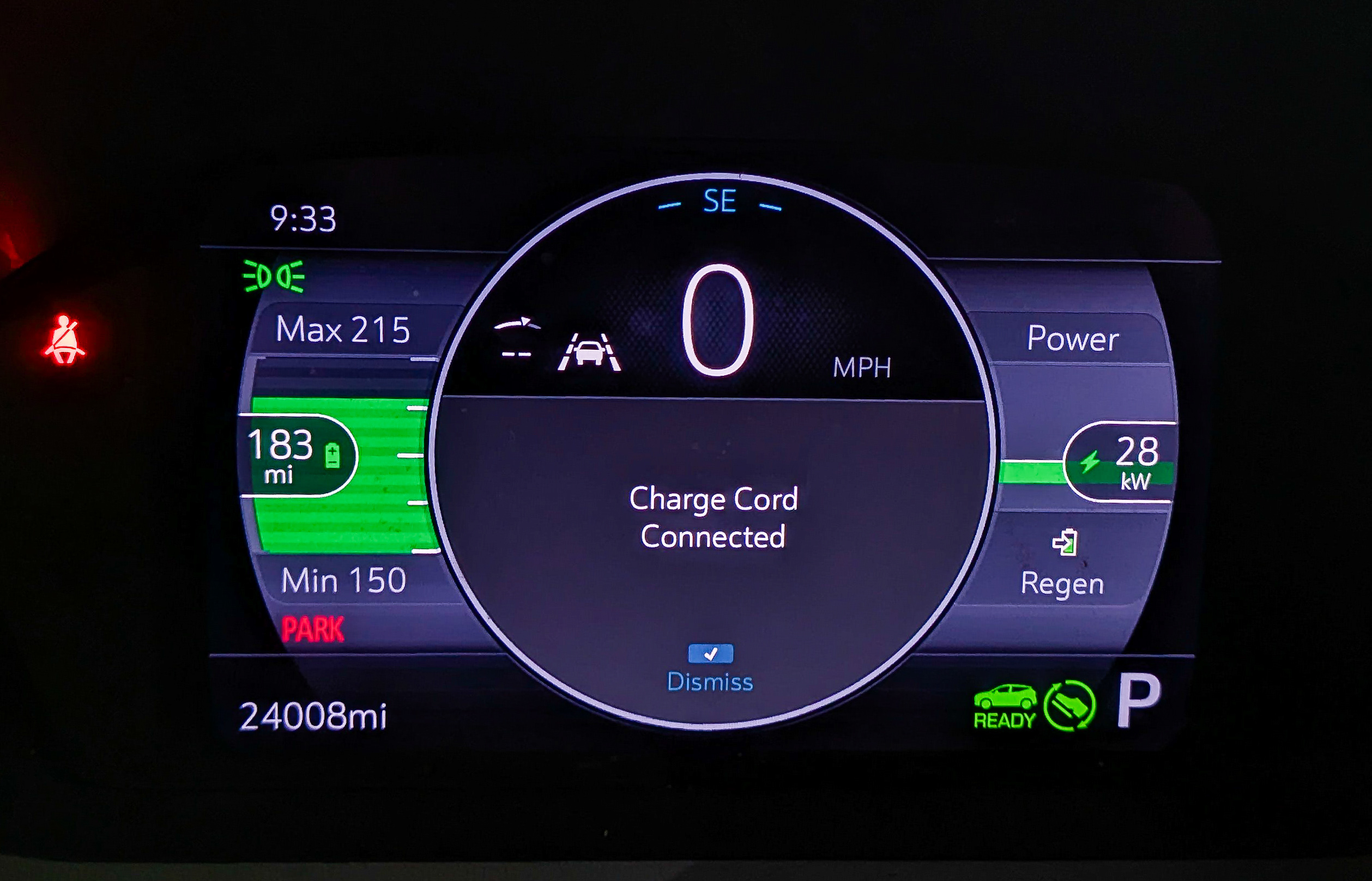
Sign up for daily news updates from CleanTechnica on email. Or follow us on Google News!
Despite e-bikes working pretty well, New York City Officials are looking for a way to get their hands into working people’s pockets again with e-bike licensing and registration requirements. Here’s a quick video that “bothsides” the topic. (article continues below video)
The “One Life” Fallacy Rears Its Ugly Head
As with many new laws, the proposed licensing scheme is named after someone who died. In this case, it’s Priscilla’s Law. After all, if one person dies, it’s a tragedy (this is true), but politicians are constantly looking for new applications for the “if it saves one life” fallacy.
The problem with “if it saves one life” is that society both doesn’t and simply cannot work that way. Everything we do is a trade-off. Risks are taken every day, and banning or heavily regulating things can also come at the cost of lives. In the example of e-bikes, raising the costs and hassles of operating them reduces the number of people riding them, which leads to avoidable air pollution, which in turn kills people. So, saving that “one life” comes at the cost of several lives if not dozens or hundreds.
The other thing worth considering before we accept the premise that the law would save lives is the cost of enforcement. Money entirely aside (even though money matters a LOT), giving police one more reason to stop and bother citizens creates additional opportunities for racial profiling, police shootings, and other forms of brutality. Again, this law will cost a number of lives should it pass, and it’s both the poor and minorities who end up bearing the brunt of that cost.
The other issue with the “one life” cited when naming the law is that licensed e-bikes can just as easily injury a pedestrian as an unlicensed and unregulated one. Extorting cyclists every year doesn’t by itself increase public safety.
Again, it’s tragic that someone lost their life, but we have to keep these sorts of emotional arguments in perspective instead of swallowing them hook, line, and sinker. Citing the number of emergency room visits and a few hundred deaths in a country of over 300 million people doesn’t change the fact that numbers are being used without context to drum up fear of e-bikes.
Some Minimal Input From Opponents
Toward the end of the video, after giving anti-e-bike activists and politicians most of the airtime, the report briefly takes comments from people skeptical of the cost, its application to wheelchairs and other assistive devices, and the growth of government bureaucracy that likely wouldn’t be paid for by licensing and registration fees.
No Details To Justify The Hysteria
At the very end of the video, a reporter points out that the proposal hasn’t been fully written. Who would be required to get a license plate (would wheelchairs be exempted?), how much it might cost, how the licensing program would improve public safety—none of these details have been provided. Despite this, the media has been bamboozled into spending most of the airtime shilling for the proposed policy that doesn’t exist yet.
At the end of the day, this kind of modern day yellow journalism doesn’t serve the public. Journalists are supposed to challenge and question government officials and give the public the information needed to think about public policy and make wise choices. Instead, many local news stations jump right in and play the role of government propagandists.
Shame on them.
Featured image by Jennifer Sensiba.

Chip in a few dollars a month to help support independent cleantech coverage that helps to accelerate the cleantech revolution!
Have a tip for CleanTechnica? Want to advertise? Want to suggest a guest for our CleanTech Talk podcast? Contact us here.
Sign up for our daily newsletter for 15 new cleantech stories a day. Or sign up for our weekly one if daily is too frequent.
CleanTechnica uses affiliate links. See our policy here.
CleanTechnica’s Comment Policy




